Brain Function and Hearing Loss.

When we age things change. If you know, you know. Maybe you are a person that has weathered the aging process with little to no consequence, or maybe you are having experiences that are a bit alarming or concerning. Like not being able to recall the name of an object, or you forget where you’re […]
Protect your Hearing in Noisy situations
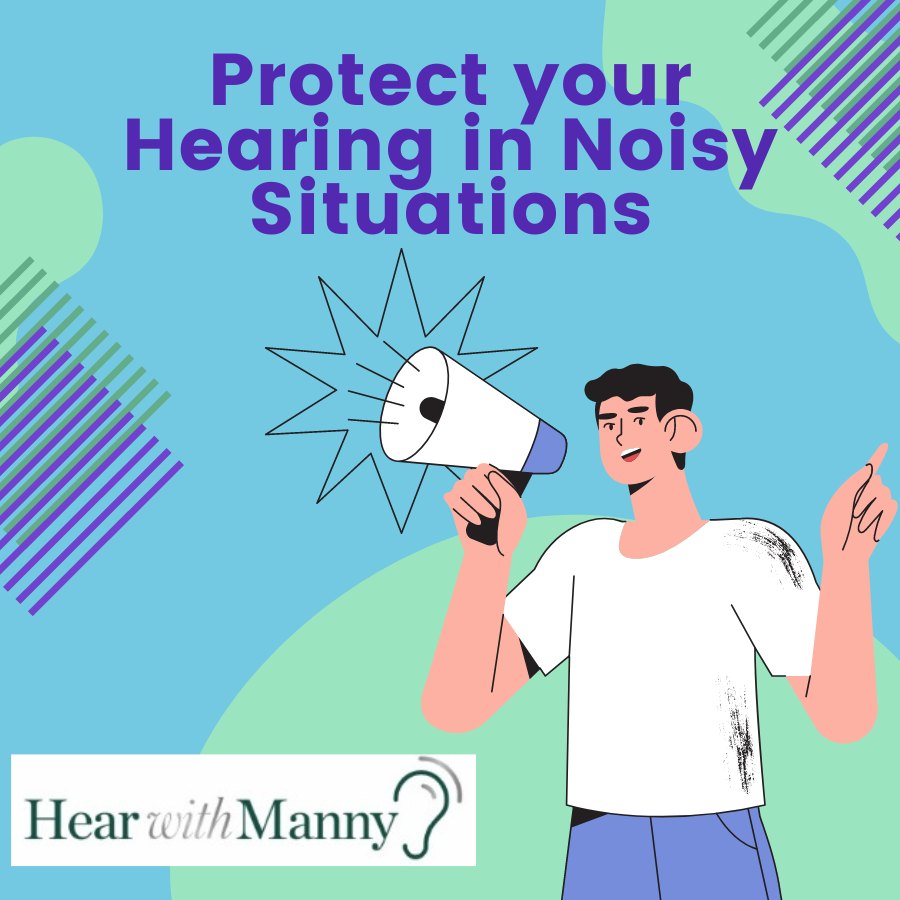
Do you spend hours in a noisy environment? Do you feel like you can’t hear properly in these circumstances? Do you think it may affect your ability to hear even when you are not in the noise? These are the most common questions that are asked by people who live or work in a noisy […]
6 Simple Steps to Help Your Loved One Understand Hearing Loss

We all love our family and friends and it can be difficult when we see that they are experiencing hearing loss. Hearing loss can affect day to day life and communication. You know they need help, but you’re not sure what to do, or say to encourage them to seek help or treatment. In this […]
What is Hearing Loss?

Hearing Loss Causes and Symptoms The ability to hear sounds is essential for us to communicate. We use our ears to listen to each other and to the environment around us. We can hear the sounds of nature, the wind, the rain, the birds singing, the voices of our family, friends, and colleagues, and the […]
It’s so Loud! Is it Tinnitus?
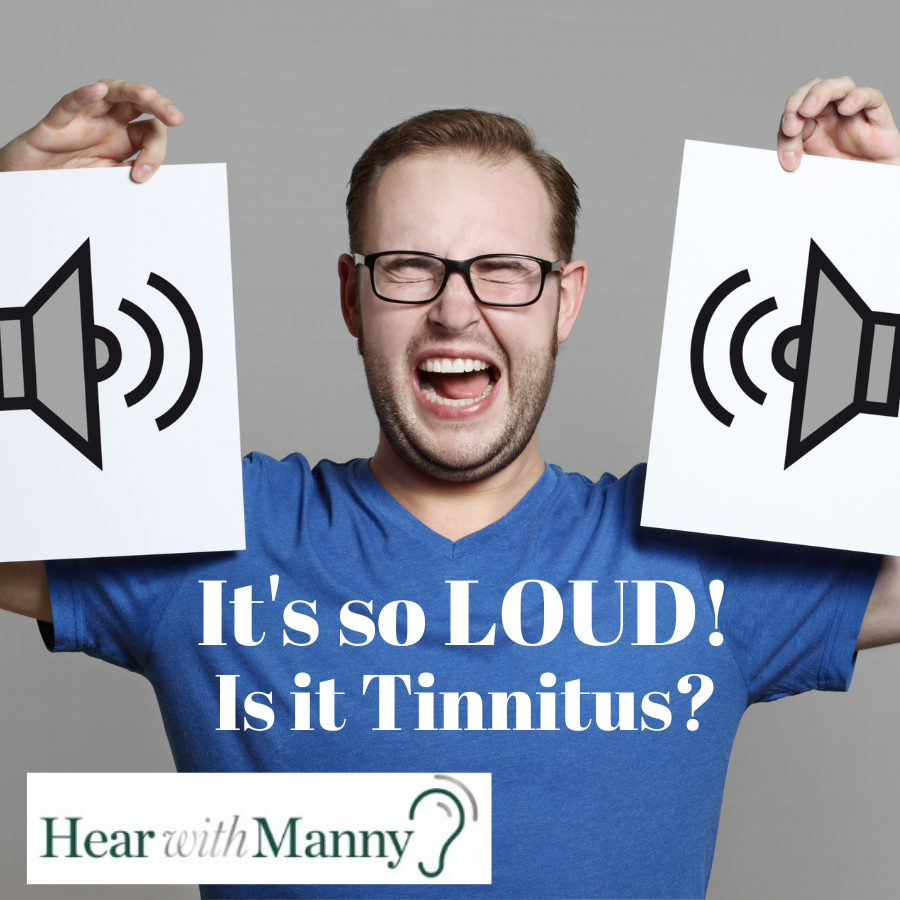
Are you hearing things? Noises, ringing in your ears, any type of noise that doesn’t quite belong? You could be experiencing a common hearing issue known as tinnitus. Tinnitus is defined as ringing or buzzing in one or both ears. Don’t worry, it’s common, and you’re not alone, according to the Mayo Clinic tinnitus affects 15 […]
Hearing Loss And Cognitive Decline
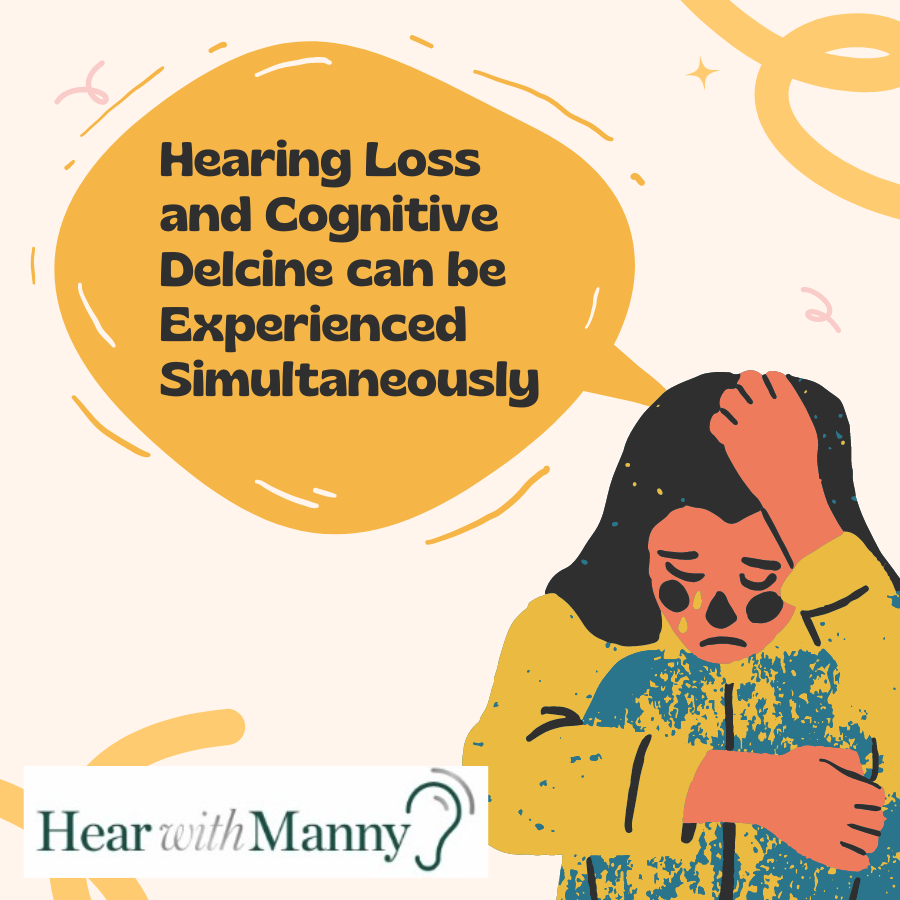
Hearing Loss And Cognitive Decline Can Often Be Experienced Simultaneously People who are suffering from hearing loss usually complain about the fact that they can no longer hear anything. But it’s not just about hearing loss, it’s about cognitive decline. Those who suffer from hearing loss can simultaneously experience memory loss and other signs of […]
Tips for Maintaining your Hearing Device
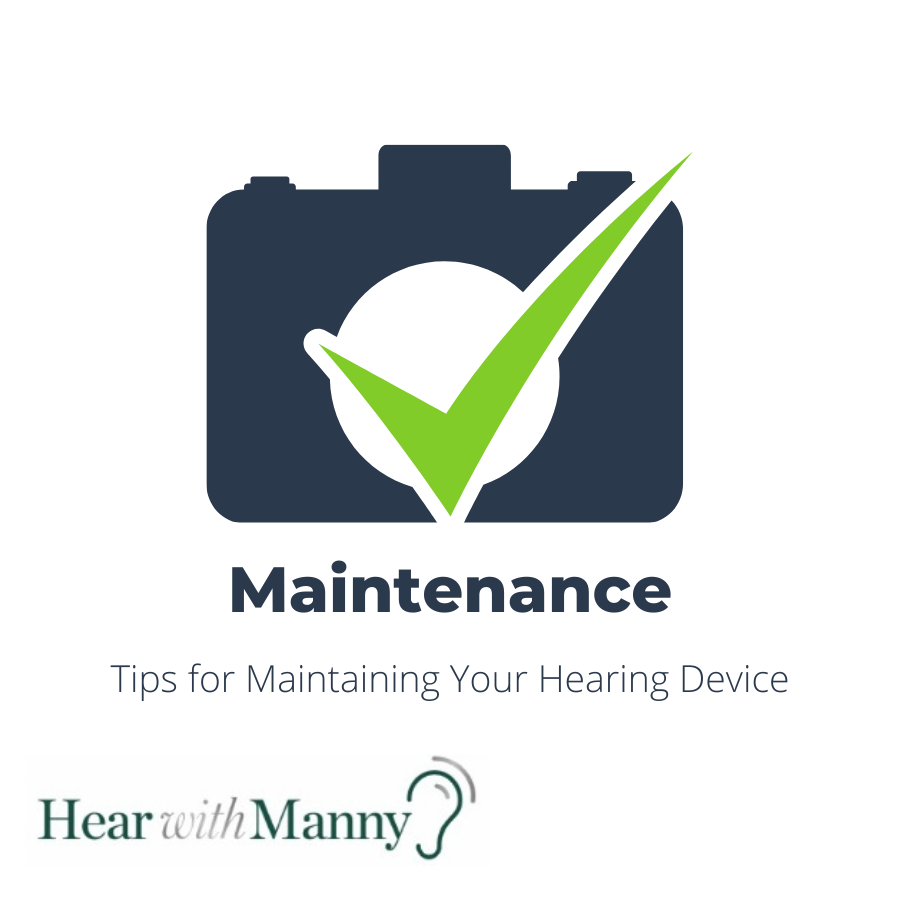
Your hearing device is one of the most important parts of your life. Without this device, you’re deprived of your ability to listen to music, watch movies, and communicate with others. It is the most important piece of equipment that you own. The maintenance of your hearing device is very important and you need to […]
Hearing Loss And Anxiety: How To Deal With It
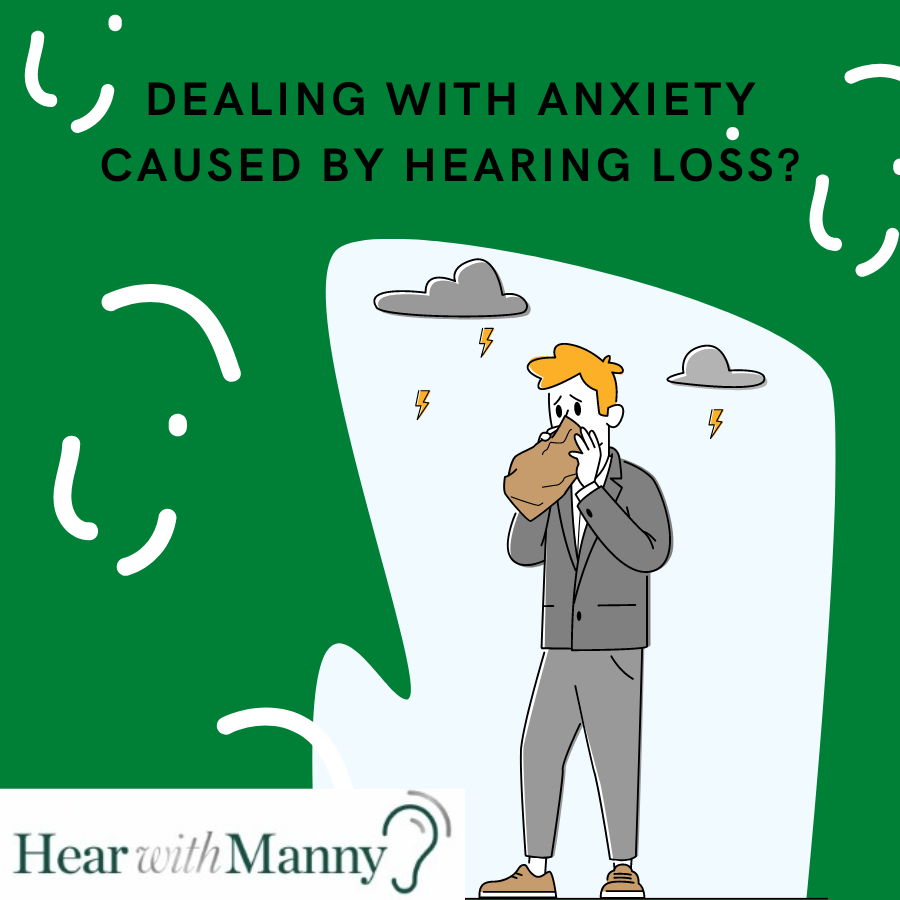
Hearing loss can be a really scary thing for anyone. There are so many myths associated with it that it can be hard for anyone to understand how hearing loss is a real thing. It is very important for us to understand that hearing loss is a common thing that affects everyone and it is […]
Hearing Issues

Many people are suffering from hearing issues and they don’t know what is causing them. So, here are some of the most common hearing issues that will help you to know what is happening with your ears. Tinnitus Tinnitus is the most common hearing issue and it is a condition that causes ringing in your […]
Benefits Of Using Hearing Devices

Hearing loss can have many reasons, and it may be temporary or it can last for a longer period. And this is why many people are not aware of hearing loss problems, and they are suffering due to it. But when you read about hearing aids, you will be astonished to see that there are […]
